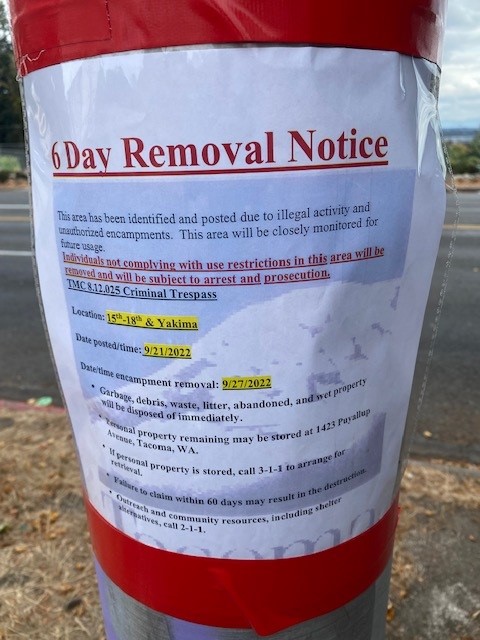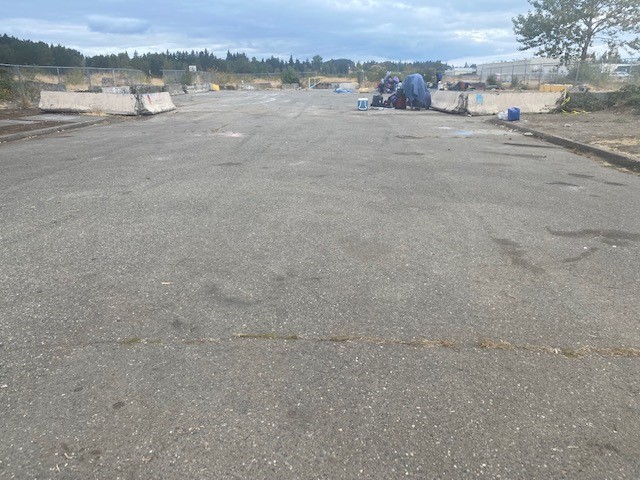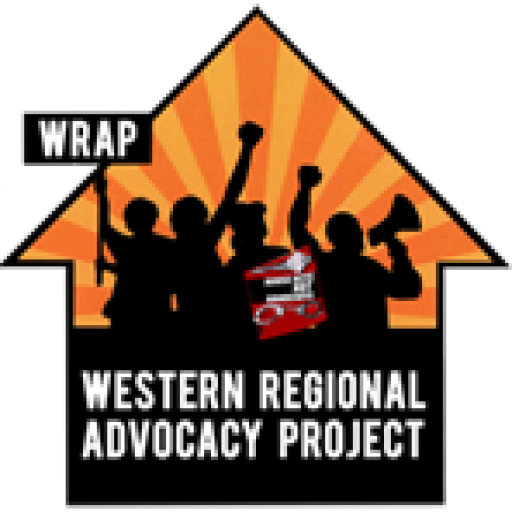

Starting the day listening to Molly Tuttle refreshed me. Then came Dylan’s Biograph, walking the dog and cleaning house, followed by Heather Cox Richardson who writes about “defending the indefensible,” a phrase I used myself this last week.
Orwell is a perfect touchstone when thinking about how government responds to homelessness; his essay “Politics and the English Language” is clear. Richardson gleans from the essay: “political language has to consist largely of euphemism, question-begging and cloudy vagueness…. The great enemy of clear language is insincerity. When there is a gap between one’s real and one’s declared aims, one turns instinctively to long words and exhausted idioms, like a cuttlefish spurting out ink.”
On Tuesday morning, our City will sweep again (they like to say “removing”). These are the twenty-first and twenty-second homeless encampments (seven hundred to eight hundred people, many more than once) since I began witnessing. Then about noon, while another few dozen Tacoma neighbors scatter, seeking shelter from the coming storm, the Mayor and Council, in the comfort of their meeting room, will convene for a study session to discuss updates on their “strategy” to end homelessness.
The language of politics and bureaucracy remains a barrier to ending homelessness in our City. Read the City’s “Six Day Removal Notice.” Read it closely. Look at how the word “may” is used. Can you discern what “illegal activity” they mean or what due process was involved with their conclusion. Questions? Who do you call? When (if ever) was the last time you tried to call 2-1-1? Who is responsible for this piece of work? Cloudy vagueness spurted out by a cuttlefish.
The City calls it a “removal,” I call it a sweep. I guarantee the homeless do not care what word is used. What matters is the violence being done against these people with nowhere to go. Their possessions are thrown in a trailer and taken to the landfill, even the ones carefully set aside because they are necessary for survival. People disproportionately BIPOC, LGBTQ, and special needs are traumatized and City officials make noise about how homeless people “refused services.” If, as Orwell writes, “the great enemy of clear language is insincerity,” there might be no better example than the “services” “refused” by unhoused people who will die, on average, twenty years earlier than the housed among us.
Violence, I have been reading, “is the abuse of power.” “Violence,” James Lawson Jr. writes, “is not about simply beating up, injuring, or killing. It’s about intimidation. It’s about harassment. It is about seeing other human beings as less than human.” This is no time for the violence I see regularly directed at the homeless among us.
Winter is coming. It is time to end homelessness in Tacoma. Instead of amending a “plan,” let the Mayor issue a call to real action that breaks down the damned bureaucratic silos and wastes mountains of money. Begin using language that communicates. The public is ready for a compassionate and effective end to Tacoma’s homelessness crisis declared one thousand nine hundred sixty-five days ago.
The Council talks. We listen. There is little if any honest communication with a public that awaits results. I won’t defend the indefensible; none of us should. But don’t look away and certainly don’t despair. Does anyone think this is working well? I surely hope not.



Leave a Reply
You must be logged in to post a comment.